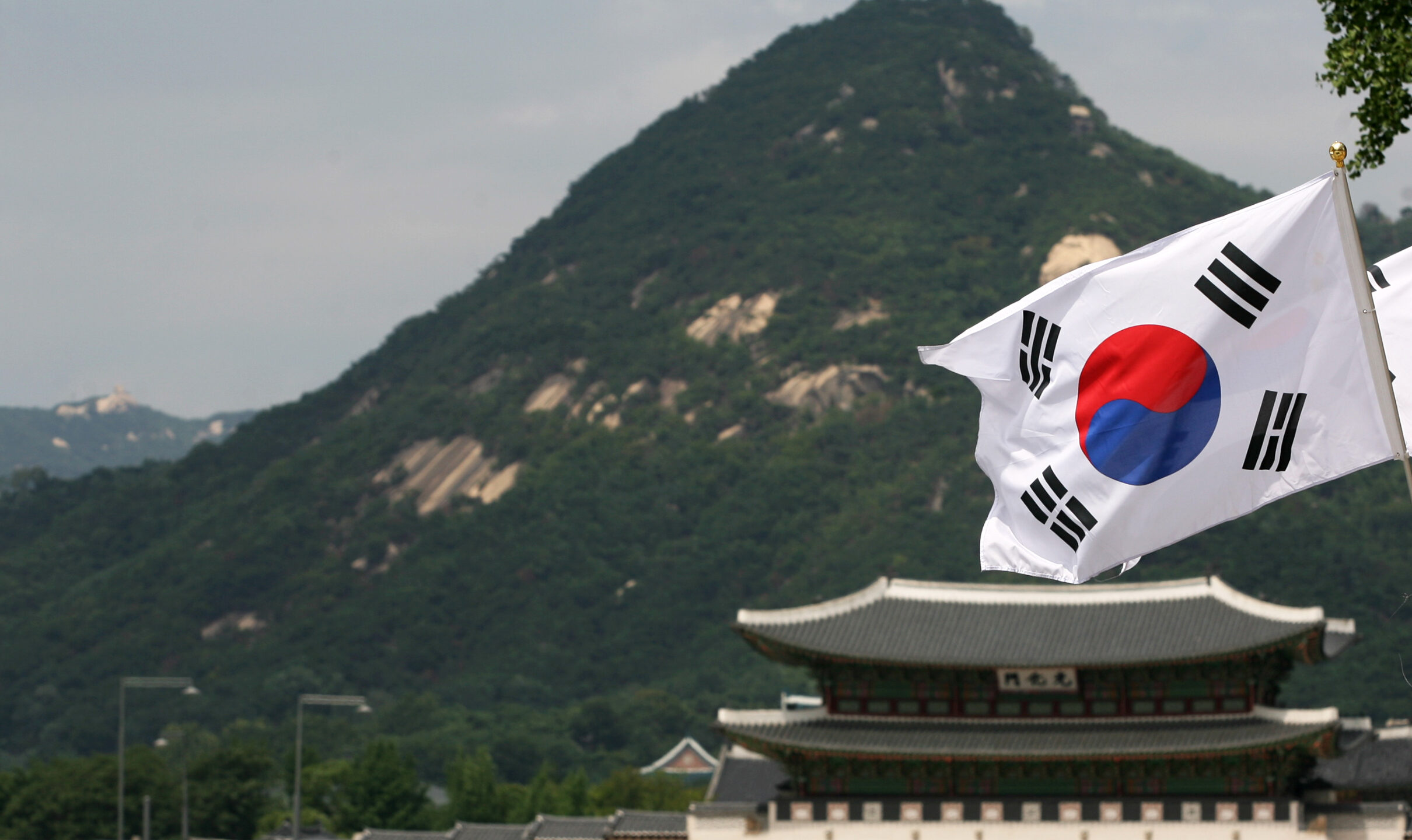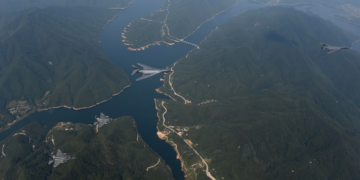
Amid the world’s seemingly endless political turmoil, the recently chaotic situation in Seoul deserves special notice. As I witnessed first-hand in early January, there is much to celebrate in the brave citizens and parliamentarians who stridently refused—putting their own lives on the line—to turn the clock back in South Korean history and acquiesce in the face of South Korean President Yoon Suk-yeol’s brazen announcement of martial law on December 3. Yoon is now behind bars, having been indicted on insurrection charges, while the Constitutional Court considers the impeachment motion against him.
Yoon had recklessly insisted martial law was necessary to stave off both internal and external threats to the country. Many of Washington’s Northeast Asia experts are now in a tizzy, since Yoon had emerged in recent years as the “poster boy” for the United States’ newly revitalized system of alliances around the world. As an analysis in the Washington Post put it, “Biden bet heavily on Yoon,” promoting the partnership in many ways—not least by having South Korea host a high profile third Summit for Democracy in March 2024, one of the previous administration’s signature diplomatic initiatives.
To put it mildly, Washington now has some significant egg on its face. As one Seoul political expert put it just before the inauguration of Donald Trump as U.S. president: “We just really haven’t gotten much pushback from the Biden administration for the fact that the ally who they courted and who courted them has gone totally off the reservation.”
More on Asia

Featuring Lyle Goldstein
October 22, 2025








